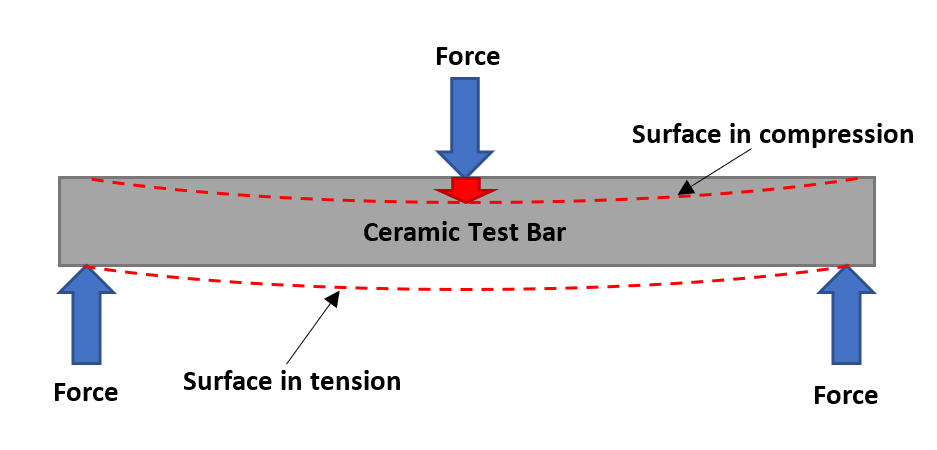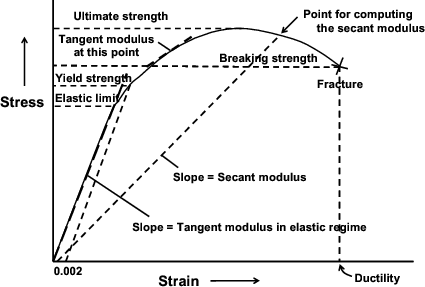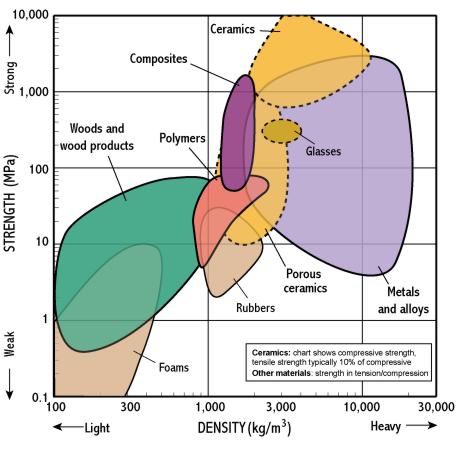Figure 3a shows an eccentrically loaded symmetrically reinforced concrete column section when the flexural strength is reached under the action of the ultimate load p u and ultimate moment m u p u e the area of tension reinforcement is a s and that of compression reinforcement is a s and a s a s the neutral axis depth is c it is assumed that plane sections before bending remain.
Flexural strength at what force will the ceramic break.
It is symbolized by sigma or σ.
From a scientific point of view flexural strength tells us the resistance of a material to deformation i e.
Bending strength is quantified by two entities.
The flexural strength is the stress on the surface of the specimen at failure which should be accompanied by the breaking of fibres rather than interlaminar shear.
It also notes that where a.
Mathematically flexural strength σ f a where f axial force and a cross sectional area of the object.
The force required to break the tile in half which depends both on the material the tile is made with and its shape and size.
The results of flexural test on concrete expressed as a modulus of rupture which denotes as mr in mpa or psi.
L o 4 twice as much total force is needed to break the beam or.
Flexural strength also known as modulus of rupture or bend strength or transverse rupture strength is a material property defined as the stress in a material just before it yields in a flexure test.
Aci 207r effect of restraint volume change and reinforcement on cracking of mass concrete states in chapter 3 that concrete s tensile strength is often taken as 6 7 times the square root of its compressive strength.
On the other hand each contact roller carries half the total.
That tensile strength is the basis for its ability to resist bending or its flexural strength.
Flexural strength of ceramic and glass rods.
The cross head speed in flexural test normally varies within the range 0 004 0 4 inch min 0 1 10 mm min.
Flexural strength calculation as a result of the loading the specimen bends causing formation of in its convex side and compression stress in the concave side.
The transverse bending test is most frequently employed in which a specimen having either a circular or rectangular cross section is bent until fracture or yielding using a three point.
It tests the ability of unreinforced concrete beam or slab to withstand failure in bending.
The strength is calculated using the maximum bending moment corresponding to the failure load in equation 7 1 and assumes a linear stress strain relationship up to failure.
P 4 2 p 3.
Flexural strength is a key value when it comes to the stability of a material such as zirconium oxide.
Flexural test evaluates the tensile strength of concrete indirectly.




























